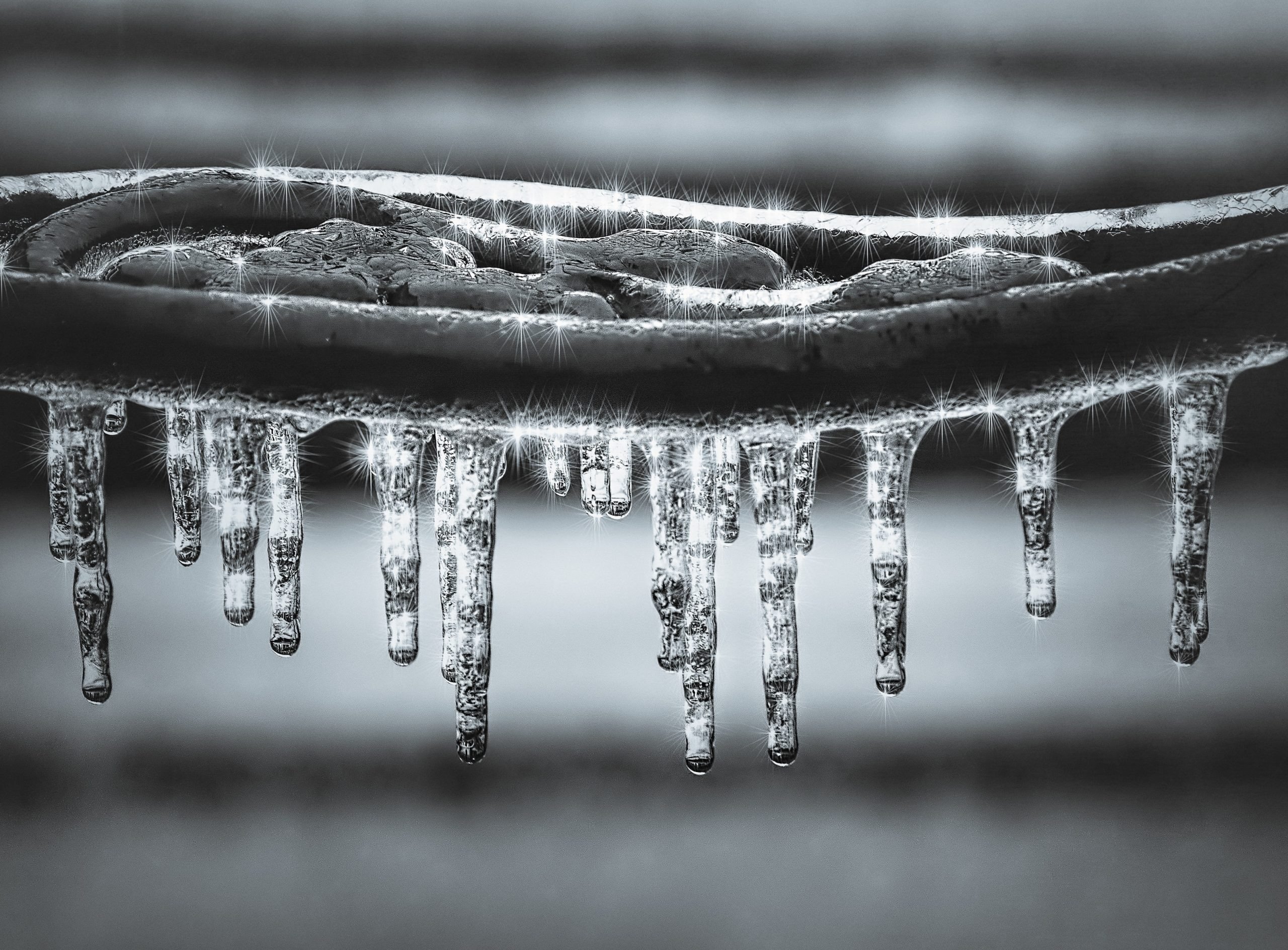- As the nights draw in and the weather turns colder, taking your caravan or motorhome away on your travels may be heading to the back of your mind. If your motorhome or caravan is going to be kept in storage this winter, it is important to remember to look after your asset, even if you are not using it.
To ensure that your motorhome or caravan is in good condition when it makes its return, there are a few things you will want to do before saying your goodbyes. 
What is Winterisation?
Essentially, winterising your motorhome or caravan is preparing it for the winter, whether you plan to use it or not. Just remember, that some of these steps may be necessary after each winter outing, especially if more than a couple of days passes between trips.
Let’s Start with the Basics
- Always begin by emptying unnecessary items from the caravan or motorhome. You do not want to return to your motorhome or caravan to find some mouldy dishes! Remove any valuables or secure them away safely
- Give the motorhome or caravan a thorough clean, both inside and out. See below for a list of things to pay particular attention to
- Fill up the washer fluid check coolant levels and top with anti-freeze to the right mixture. Fill the fuel tank to prevent corrosion and moisture build-up
- Ensure tyres are fully inflated and turned occasionally to prevent flat spots
- Covering vents can help prevent bugs and insects from getting inside. Or use winter covers if you have them
- Lubricate your locks and hinges, WD40 is useful for this
- Once tanks have been emptied (see below), apply a tank cleaner to prevent unwanted odours
- Leave your motorhome in gear and do not apply the handbrake. Ensure you are on a flat surface if possible
- Place a security deterrent on your caravan or motorhome and if you have one, initiate the alarm/tracker before leaving
- Place a purpose-made, breathable cover over the motorhome or caravan. Always make sure the cover is dry before placing it over and remember to check and repair any holes where necessary. If you can, try and purchase a cover that is specific to your caravan or motorhome body
Cleaning your Motorhome or Caravan
- Make sure there are no traces or food left in the fridge, freezer, or cupboards
- Leave the fridge/freezer door ajar to allow air to circulate
- If you are able, try and remove as many of the soft furnishings as you can and store them at home. Ventilation is key. If you cannot do this, placing cushions upright helps reduce the chances of mould forming.
- Wipe and disinfect any surfaces, particularly the bathroom and anywhere you may have had food
- Remember to wind out the awning and let it fully dry before retracting. Spending time on this now will save you in the long run
Draining the Water System
Leaving any water in your motorhome or caravan can be the biggest worry when it comes to winterising. Any water left in your plumbing systems can have catastrophic consequences and a hefty repair bill. Water left behind can freeze and expand in cold temperatures and could destroy lots of the internal components. Therefore, all components of the water system must be drained down, including sink & drain taps, shower heads, toilet systems, pipes, valves, water heaters and water tanks.
- Open all drain taps, sink taps and valves. Mixer taps to be left in a central position
- Remove the shower head and leave to dry out
- Drain the fresh water by opening the system drain valve and briefly run the pump to drain it completely. Disconnect the pump and remove the filter cover. Leave to dry
- Empty any external pump and containers
- Ensure the waste water tank is empty along with the toilet flush supply
- Drain your boiler system. Details specific to your motorhome can be found in your owner’s handbook
**A good tip is to empty your tanks at the campsite on your last trip, and leave them open on your journey home to help shake out any excess water!
Look After your Leisure Battery
Your leisure battery will discharge itself if not used for long periods of time. If they are not trickle charged they can discharge fully within 2-3 weeks causing permanent damage. For caravans, you could simply disconnect the battery and store it at home, purchasing a trickle charger could help to prevent damage. For motorhomes, it is suggested that you take your motorhome for frequent drives or consider a solar panel to keep both batteries charged up. If you have a security system which relies on the battery, remember to isolate the rest of the motorhome's electrical equipment. Always store batteries in a dry, well-ventilated area.
Disconnect the Gas
Ensure the valves are closed and your gas cylinders are removed and stored correctly, in the open air and away from heat and flammable materials. If you have an on-board gas tank, shut this off using the shut-off valve, which is usually on the tank itself.









 Spidersnet
Spidersnet